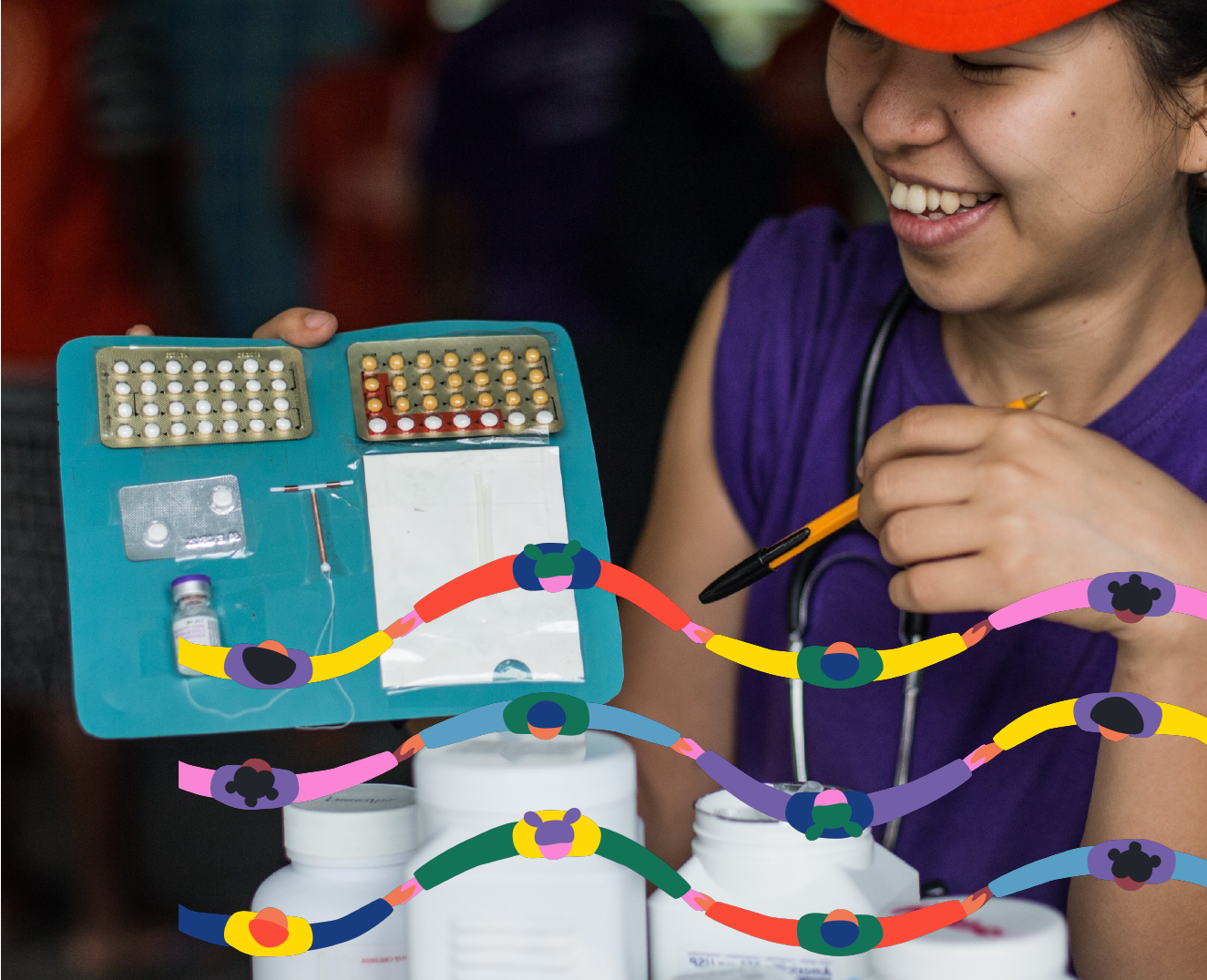Sexual and reproductive
health and rights financing
Why focus on SRHR financing?
Financing for SRHR remains highly insufficient to meet people’s care needs. UNFPA has estimated that to safeguard universal access to safe and modern methods of contraception alone, a total investment of 65.1 billion Euros will be needed between 2020-2030. Instead, only 8.1 billion Euros are expected to be provided by donors.
So while funding to fill this gap will have to come from a range of sources, including, importantly, domestic government resources, donor funding will continue to play a critical role for meeting SRHR needs in many countries in the near future. Yet, funding for SRHR is currently highly dependent on a few major donors, leading to it being extremely vulnerable amid political and economic volatility. As governments scramble to make decisions over what to cut, what to save, and the shape of economic recovery after Covid-19 and during the war in Ukraine, many fear that the impact of falling tax revenues and recession on official development assistance (ODA) budgets will see ODA cut and SRHR sidelined within it.

Countdown 2030 Europe works towards improving the quantity and quality of SRHR/FP funding, which we define as funding that is equitable, inclusive, longer-term, predictable, sustainable and transparent.
Only #AWorldWhere SRHR financing is a priority will allow us to achieve the SDGs by 2030
A sustainable SRHR financing ecosystem is key for the achievement of SDGs 3.7 and 5.6 on universal access to SRHR by 2030. Efforts to increase domestic funding for SRHR need to be closely aligned with a well-coordinated use of external funds and an efficient spending of available resources.
We aim to contribute towards new funding commitments and more transparent, accountable financial structures and investments to support SRHR both through:
- Traditional ODA and
- New and emerging funding modalities and mechanisms

Funding for SRHR through bilateral cooperation, the Global Financing Facility (GFF), the UNFPA Supplies Partnership, and other global partnerships are all key to ensuring people across the globe have access to the care they need.
Collaborations with the private sector also are an important and growing part of the picture – both for their resources and knowledge and as partners in designing innovative approaches and technology to make SRHR more accessible.
Countdown 2030 Europe has been exploring the private sector’s role in SRHR, and has a keen interest in ensuring that as donor governments increasingly engage with the private sector in this space, they will maintain their commitments to leaving no one behind and ensuring access for all groups of people, including those facing systemic oppression, through their programmes.
We are also looking to understand how donor governments can better support and incentivise domestic resource mobilisation for SRHR, which will be critical for sustainable progress towards meeting care needs.

How do we get there?
The quality of SRHR funding is as important as its quantity. As Countdown 2030 Europe, we advocate towards donors to ensure that all donor-supported financing mechanisms for SRHR consider long-term sustainability, support an inclusive approach and are implemented with a human-rights based perspective.

